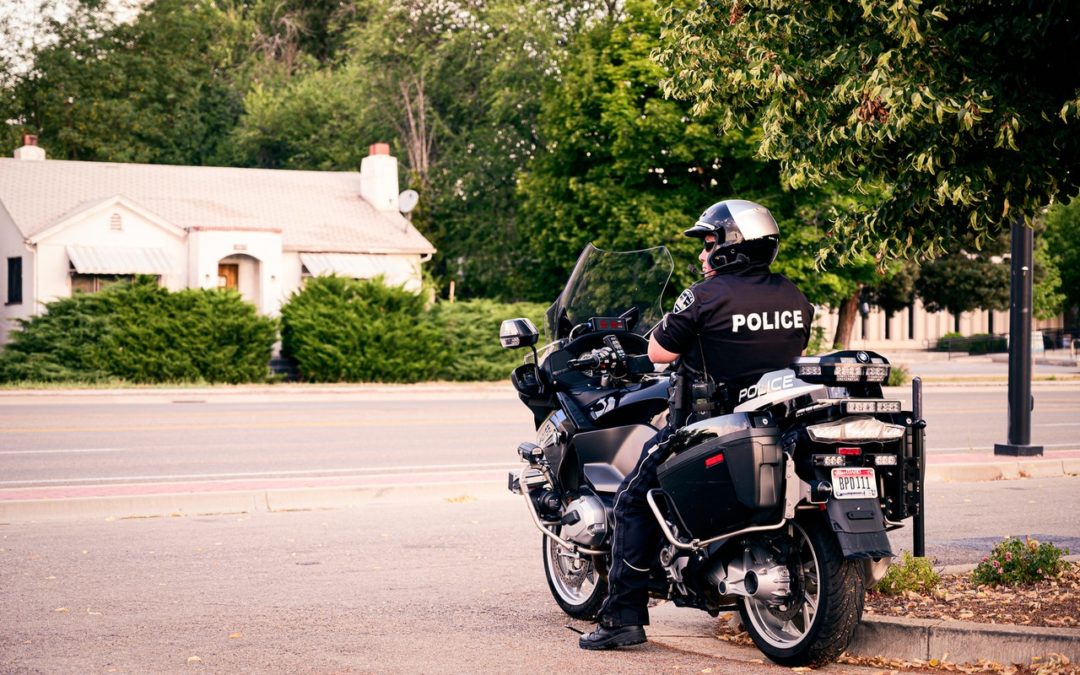Have you or a loved one been charged with a DWI in Denton County? If you faced field sobriety tests there may have been issues with the way the test was performed. Read more below or reach out to Attorney Dan Peugh today at 940.566 0271 for a free consultation.
After getting pulled over by law enforcement, an officer may believe that you are intoxicated. Maybe on the way home, you stopped to have a single drink, causing your breath to smell like alcohol. Perhaps you neglected to use turn signals or were weaving. No matter what the reason was for the officer pulling you over, if a field sobriety test is requested of you, you must decide if you should follow through on it.
Understand that you aren’t legally required to engage in such tests, since they don’t fall under implied consent laws. It would not work in your favor to subject yourself to such a test. Many departments utilize the very same tests. If you were to evaluate what an officer will be looking for, it will be easy for you to see why participating in these kinds of tests isn’t prudent.
Problems That Come with the Walking and Turning Test
When taking this test, you’ll need to walk nine steps ahead of you as you touch one foot’s heel to the other foot’s toe. Afterward, you’ll need to turn around before walking back down the same direction. As simple as this may seem, you could end up becoming a victim to these pitfalls:
- The police officer will be checking to see that instructions are being followed.
- You aren’t allowed to stop and regain balance while the test is taking place.
- The amount of steps taken need to be correct.
- The test must be completed in a perfectly straight line.
- Your arms cannot be used for balance.
- One foot must be turned after you take the initial nine steps.
A lot of variables have the potential to make you fail the test. Physical issues, ambient noise, ear infections, or nervousness could impact the test’s failure. If you suffer from a condition capable of complicating the test, you have the option of notifying the officer of the issue. However, the test will likely continue unless you opt not to take it.
Issues Involved with the Test Called “Horizontal Gaze Nystagmus”
Most people are under the assumption that this test will always be correct. This isn’t true, though. Many people experience vision issues, which make it look like they’re impaired, even when they’re not.
The eye movements that many people make are smooth to a point. If an individual is intoxicated, their eyes will likely jerk ahead of that point, exaggerating movements in the process. If their eyes do not respond in a manner expected of the officer, failure of the test can ensue.
Issues Involved with the Test Known as “One Leg Stand”
You’ll need to stand directly on a single leg as you count to 30. Balance issues are the clearest pitfalls involved with this test. The police officer will be looking for certain things. For instance:
- You aren’t allowed to put down your foot before the test is completed.
- Your arms cannot be used for balance.
- You cannot allow your body to sway.
- Hoping to stay balanced is not an option.
Most people do not pass this test, and it is easy to see why. If you have sustained an injury of some sort, have weak legs, or experience balance issues, then you likely will not complete this assessment without doing at least one of the things mentioned above.
Issues Involved with the Police Officer’s Objectivity
The police officer will ask you to perform the test on the assumption that you have been driving drunk. Therefore, they may either consciously or unconsciously decide to fail you because of such preconceived notions. You would be better off politely declining the test an officer asks you to take. While refusing to take such tests might not prevent you from getting arrested, it will stop the officer from having probable cause to issue an arrest.
If you have questions about your arrests, give our office a call to schedule a free consultation with an experienced DWI attorney.





